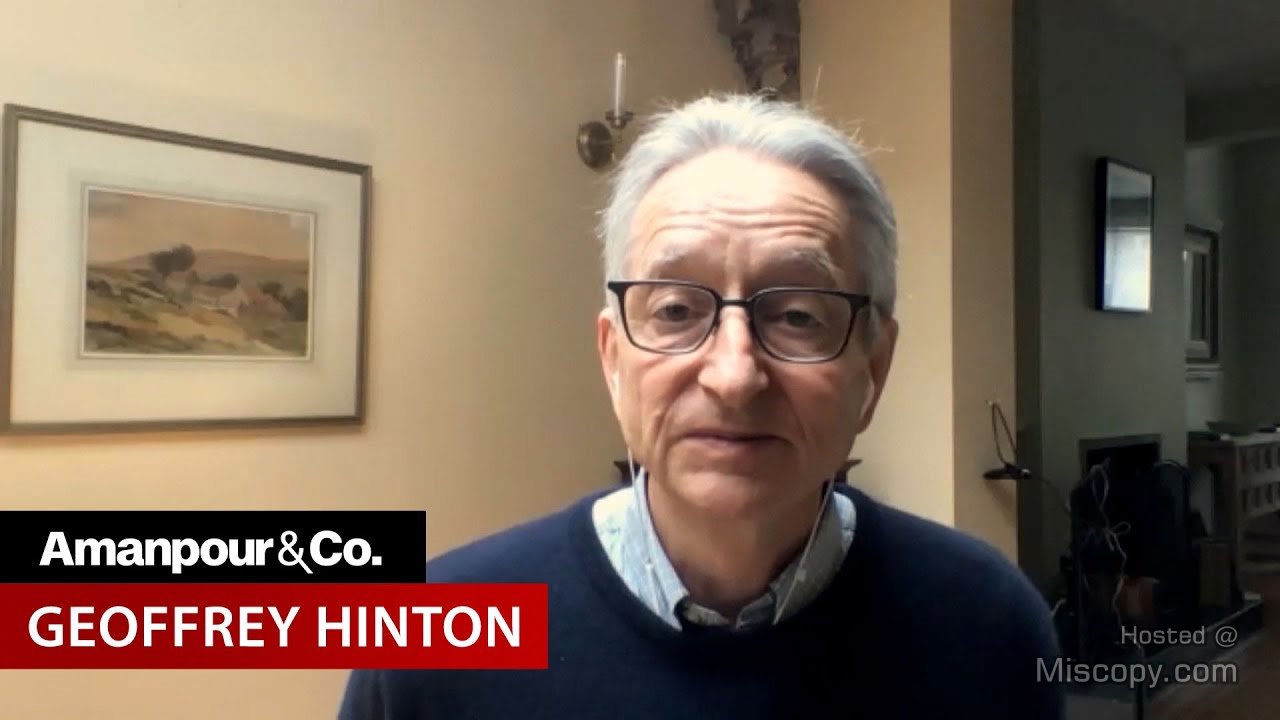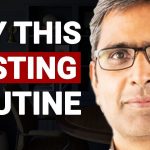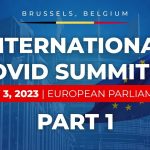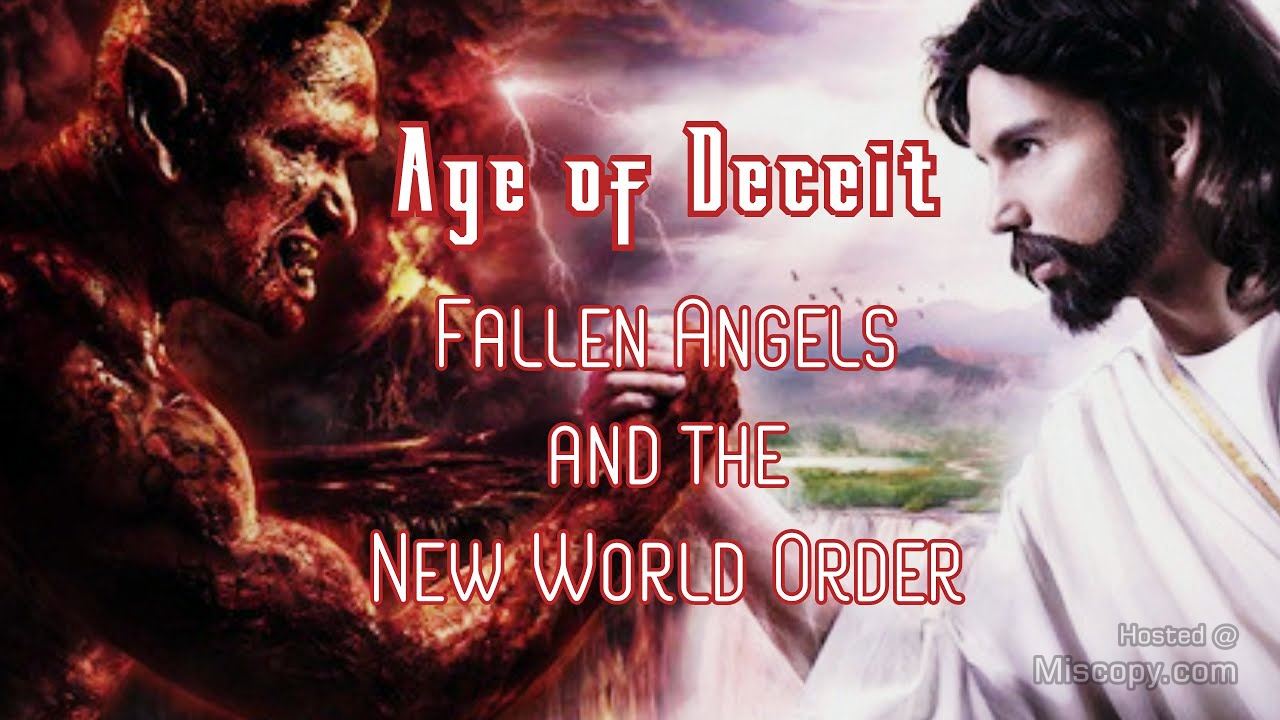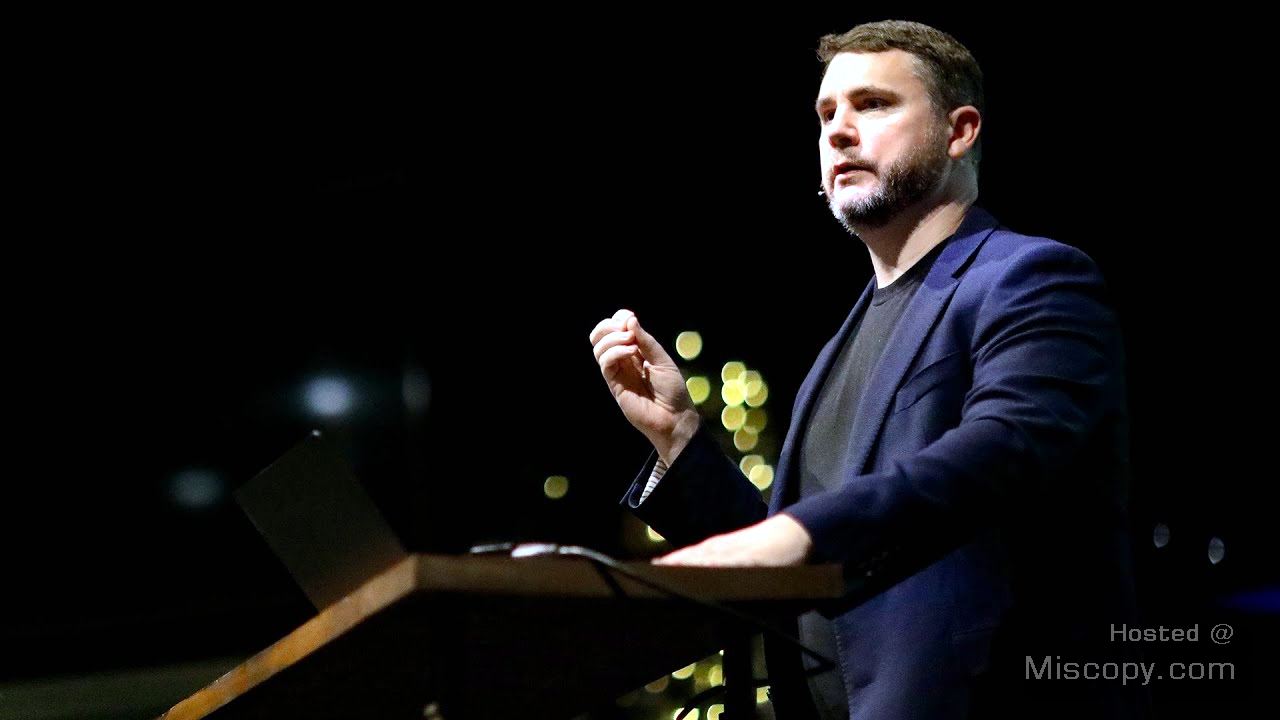Geoffrey Hinton, often referred to as the Godfather of AI, is a renowned computer scientist whose pioneering work in the field of artificial intelligence has revolutionized the way machines learn and process information. His groundbreaking contributions to neural networks and deep learning have paved the way for advancements in image and speech recognition, computer vision, and other areas of AI. With a relentless pursuit of innovation and a commitment to collaboration, Hinton’s legacy extends beyond his own research, inspiring a new generation of AI researchers and shaping the future of the field.
More about Geoffrey Hinton HERE.
In this video, Geoffrey Hinton warns of the existential threat posed by digital intelligences that may have a superior capacity for learning and common sense knowledge than the human brain. These machines may understand certain things better than humans, potentially leading to an AI takeover and other threats such as job displacement and socio-economic inequality.
Hinton suggests strict regulations to avoid these issues, along with collaboration between countries to prevent the development of dangerous AI. Although Hinton acknowledges the usefulness of AI in various fields, he calls for an equal amount of resources to be dedicated to understanding and mitigating the negative effects of AI development.
00:00:00
In this section, Geoffrey Hinton, known as the Godfather of AI, discusses how the digital intelligences being created may be learning better than the human brain, which is an existential threat to humanity, he warns. He describes how digital intelligences have thousands of times more basic common sense knowledge, despite having one hundredth the brain’s storage capacity. Additionally, they can learn and communicate with each other much faster than the brain, which uses an inferior learning algorithm. He explains that using a Google system called Palm, he realized that these AIs could explain why jokes were funny, and this suggests that they understand certain things better than humans do, pointing to their better ways of getting information into connections.
00:05:00
In this section, Geoffrey Hinton, the “Godfather of AI,” explains that human intuition and biases are represented in our neural activity, which is how we attribute certain gender qualities to animals. However, these kinds of thought processes also hint at why AI may be a threat in the future. Hinton addresses the concerns of AI’s sentience, noting that while people claim it is non-sentient, they aren’t always sure what they mean by that definition. Furthermore, there are several threats that AI poses, including taking over jobs, making it difficult to decipher truth, and increasing socio-economic inequality. To combat these issues, Hinton suggests having strict regulations like those established for counterfeit money, which would criminalize the production of fake videos and images created through AI.
00:10:00
In this section, Geoffrey Hinton, a leading intelligence researcher, warns of the existential threat posed by AI. He mentions the risk of these machines becoming super-intelligent and taking over control from human beings. Hinton further explains that the Chinese, Americans, and Europeans all share a mutual interest in preventing this outcome and, therefore, should collaborate to avoid the development of dangerous AI. He also cites Google as a responsible tech giant but emphasizes the need for the people developing these machines to do a lot of experimentation to help researchers understand how to keep control of this AI.
00:15:00
In this section, AI expert Geoffrey Hinton acknowledges the useful contributions of digital intelligences in various fields, such as medicine, predicting natural disasters, and understanding climate change. However, he disagrees with the idea of putting a pause on AI development and instead suggests that a comparable amount of resources should be used in understanding and avoiding the negative effects of AI. Hinton also highlights the uncertainties that come with the development of super intelligences and emphasizes the need for humanity to put in a lot of effort into making sure that the future is optimized for the better.
